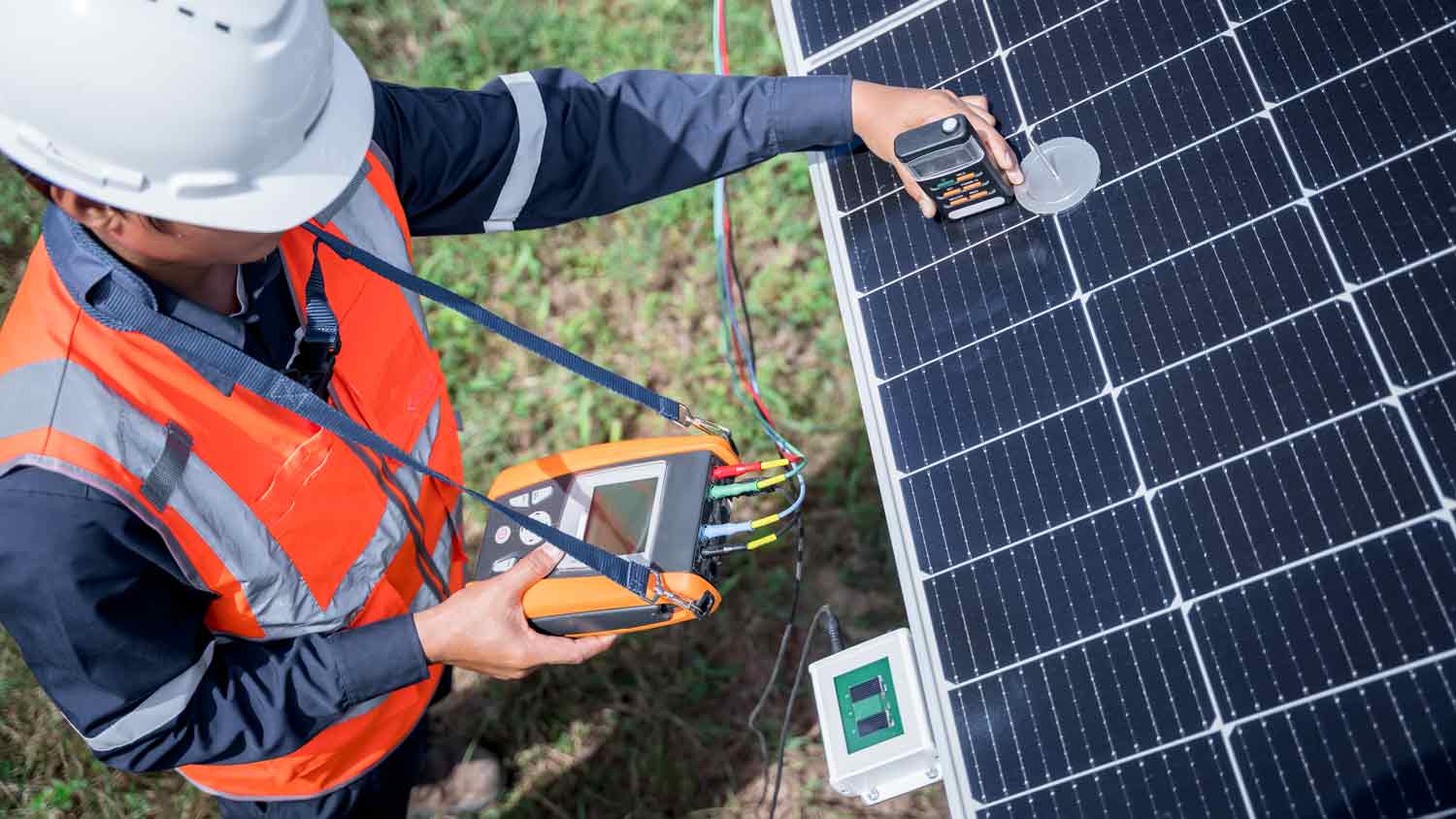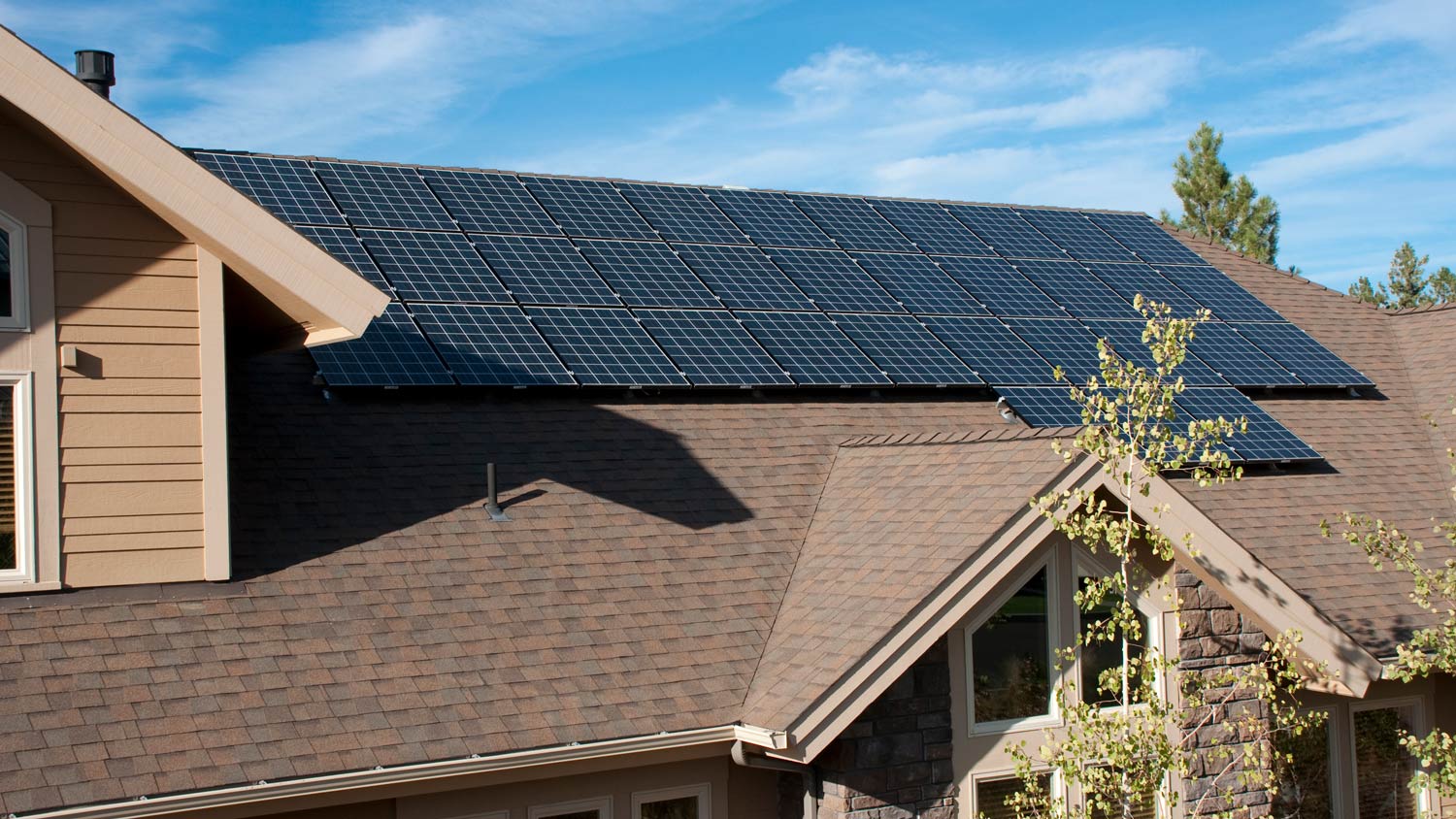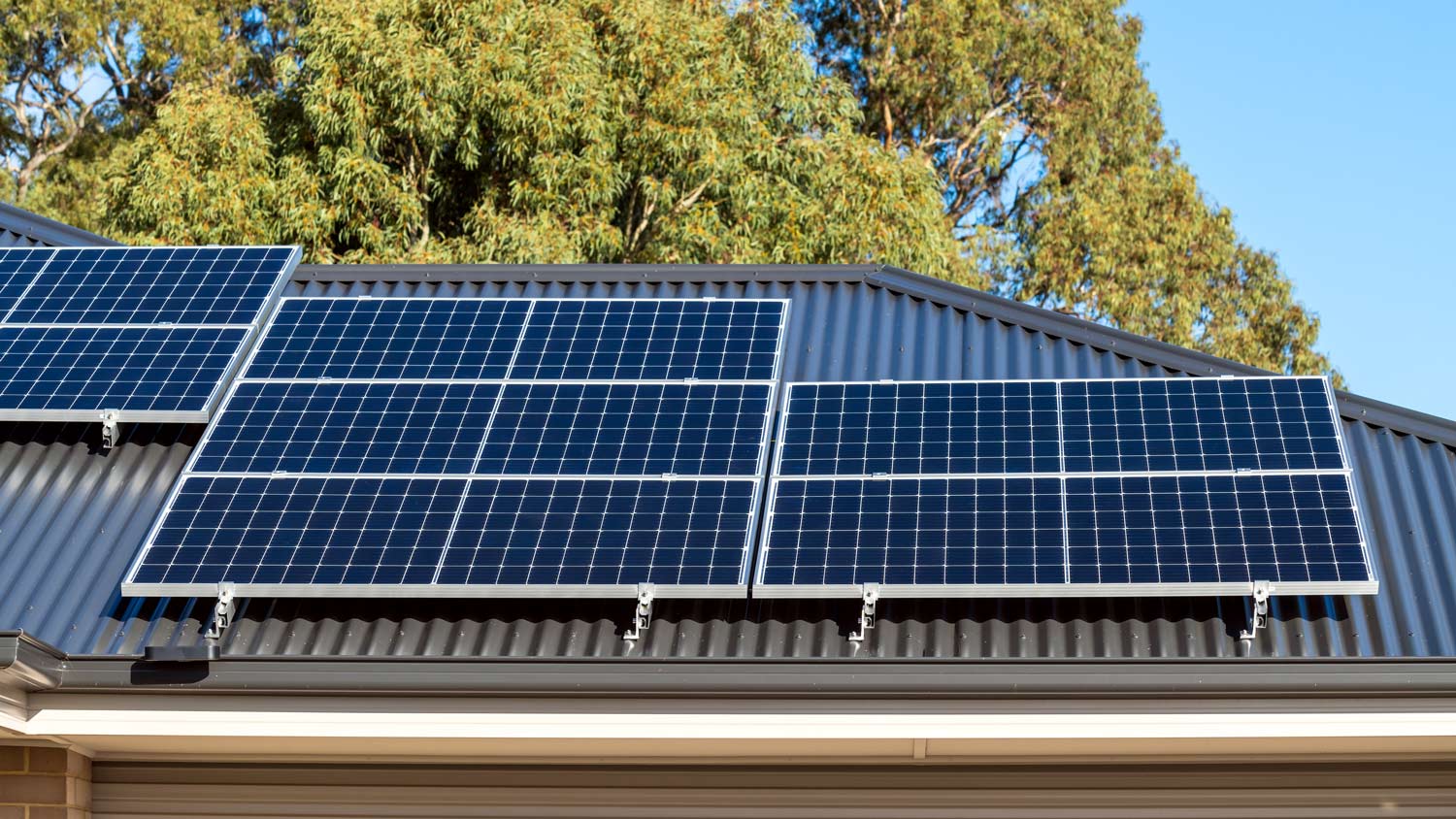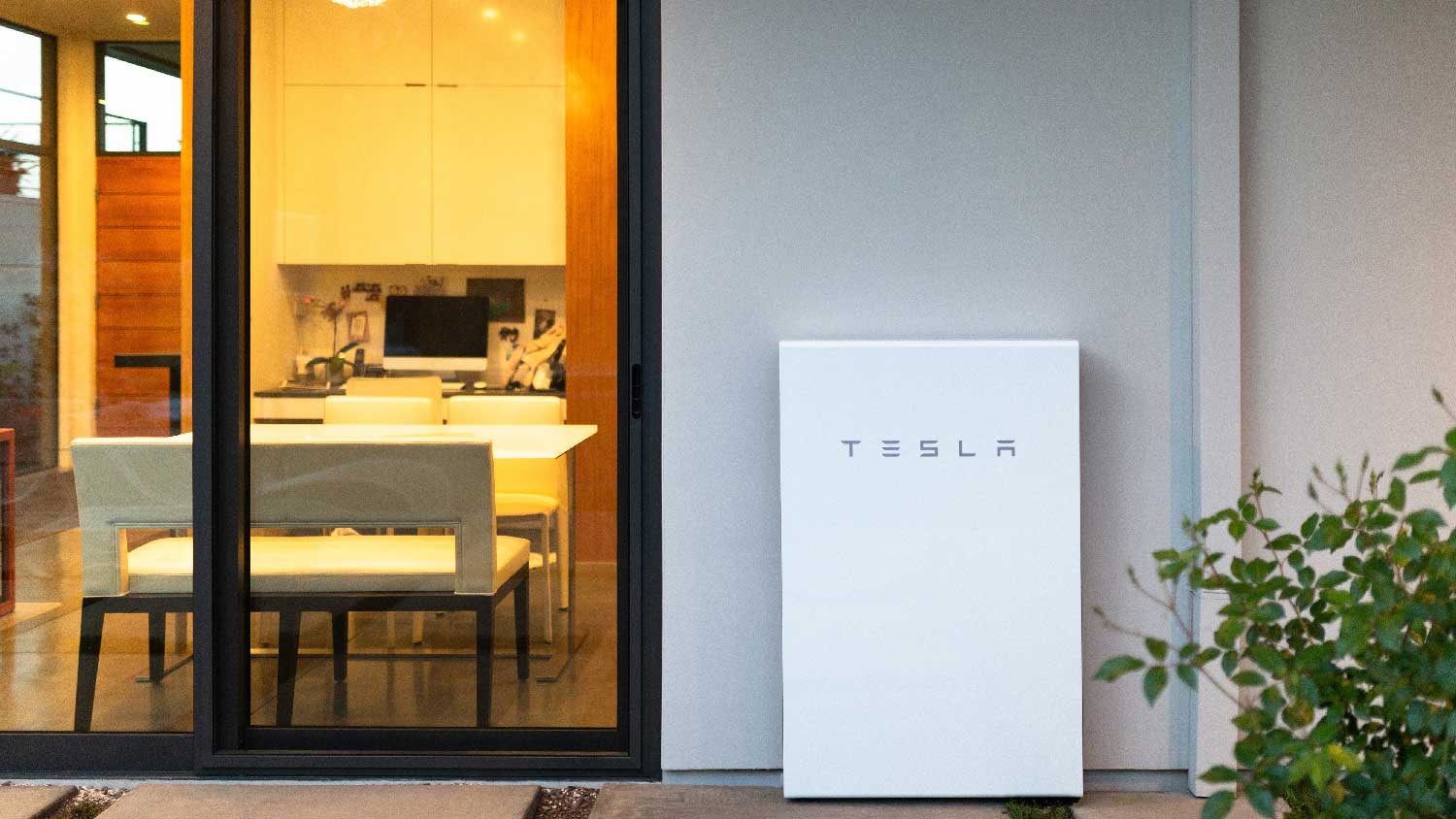
Discover the average solar panel inspection cost, what impacts pricing, and how to save. Get expert tips to keep your solar system efficient and safe.
Solar panels soak up the sun; make sure your insurance soaks up the risk


Most homeowners insurance covers solar panels, but ask your agent to be sure.
You may need additional insurance for solar that is oversized, ground-mounted, or on other buildings.
Premiums may not go up, but solar can increase home value and coverage costs.
Leasing companies usually insure panels and PPA systems, so you won’t have to.
Installing solar isn’t cheap: Most homeowners pay around $27,000 for a solar panel system. So it only makes sense to insure and protect that investment. But does homeowners insurance cover solar panels? And do solar panels increase home insurance costs? This helpful guide uncovers the truths about solar panel insurance.
It always pays to shop around and get at least three quotes for your project. A solar installer can help estimate how many solar shingles or panels you’ll need for your roof.
As long as your solar panels are permanently attached to your home, most homeowners insurance policies automatically cover them. That means you probably won’t need to buy a separate insurance policy for your solar panel installation.
Of course, you should always ask your insurance agent to confirm that your policy includes solar before you hire a local solar installer. It’s also smart to check limits or exclusions to your insurance policy, such as damage caused by specific events like high winds or hail. You likely want full coverage, even if that means you need to buy more protection.

Your solar panels work hard to save you money—make sure your insurance is working just as hard to protect them. For most homeowners, standard home insurance policies cover rooftop solar energy systems without needing updates or modifications. This includes adding solar panels to an existing home or roof replacements that include solar.
Installations on other parts of your property might be a different story, though. If you install ground-mounted solar panels or put solar panels on a carport or outbuilding, you may need a policy add-on or separate policy. That coverage, including limits and costs, will depend on your existing policy and your insurer’s recommendations. You should also talk with your insurer if you want to put solar panels on a mobile home.
Some extra-large solar panels or oversized systems need their own insurance. In these cases, ask your insurance agent to write a contract for a dedicated add-on or rider. These are amendments that provide additional coverage or modify the terms of existing insurance policies. They come at an additional cost, but they’re usually less expensive than buying a separate policy because you pay the premium in addition to your base policy rather than two separate payments.
Solar panels fall under the general dwelling coverage of most home insurance policies, so you may not have a separate claim limit. A claim limit is the maximum amount your insurer will pay out to cover damage or a loss. This can keep premiums at the same amount they were before adding solar panels.
Keep in mind, though, that adding solar panels may boost the overall value of your home. While that’s a good thing, it means you may need to increase your dwelling coverage limit. Since coverage limits should equal the total replacement cost of your home, and you’ll pay more to insure a higher-value home, this is one way adding solar panels can indirectly raise your insurance premiums.

If you lease solar panels, the leasing company usually owns and insures them. In some cases, the leasing company may require the homeowner to insure solar installations on their homeowner’s insurance or as part of a separate policy. Review your contract and talk to your solar company to clarify who is responsible for insurance.
If you have a power purchase agreement (PPA), the company that owns the panels is almost always responsible for insuring them. Again, you’ll need to talk with the company about insurance expectations. It’s best to do this before you sign your PPA agreement.
From average costs to expert advice, get all the answers you need to get your job done.

Discover the average solar panel inspection cost, what impacts pricing, and how to save. Get expert tips to keep your solar system efficient and safe.

Discover the Tesla Powerwall installation cost, including average prices, cost factors, and tips to help homeowners budget and save on their Powerwall project.

Solar battery costs depend on the size of your system, labor, and capacity. Learn how much you could pay for batteries for home solar systems.

Solar batteries allow you to store excess energy from your solar panels, but what are the pros and cons of solar battery storage? We break it all down.

Solar farms can be profitable, but knowing exactly how to get the most out of your solar farm’s ROI is key to its success. Keep reading to learn more.

Ready to make the switch and join the solar panel homeowner community? Here are 15 key questions to ask solar companies before you seal the deal.